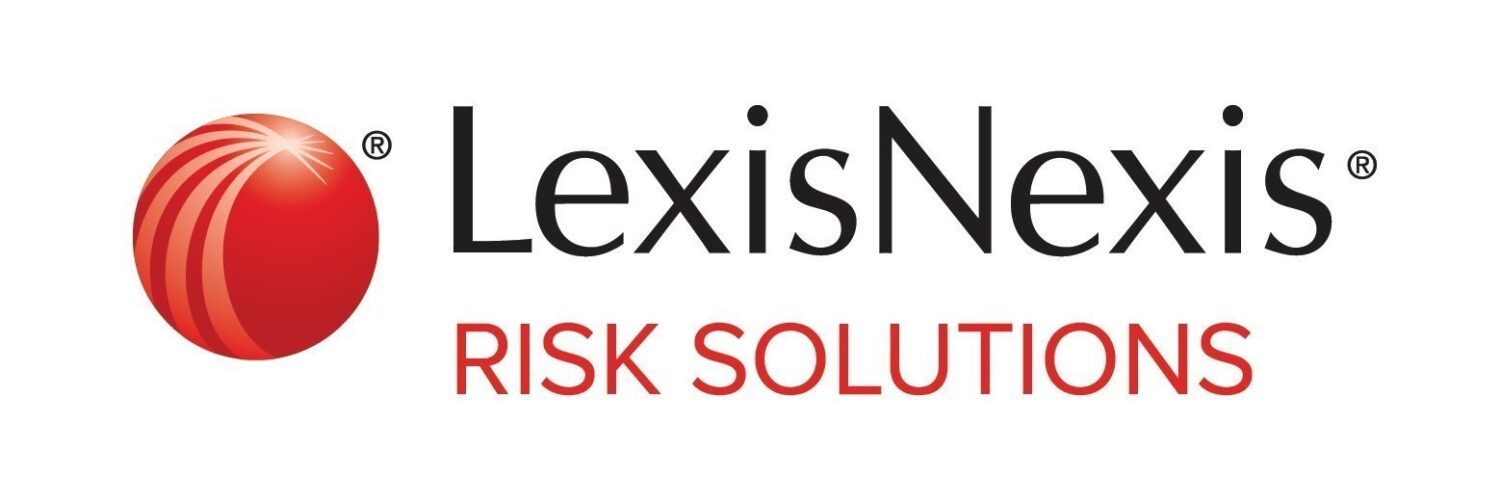
– LexisNexis® Risk Solutions today released a new report offering fresh insights into consumer engagement with healthcare portals, their preferences for identity verification, and their confidence in the security of their health data.
– The findings, based on an Ipsos survey of 3,010 U.S. adults, underscore a critical need for healthcare organizations to reduce adoption barriers and implement robust security protocols that balance strong identity verification with a user-friendly experience. The report also highlights a significant need for greater patient education on data security practices.
Key Finding: Healthcare Portal Utilization and Awareness Remain Low
The survey revealed that engagement with healthcare portals is surprisingly low. Nearly half (49%) of respondents reported using a healthcare portal less than once per month, a figure that includes 16% who have never used one at all.
A significant barrier appears to be awareness, particularly among younger adults. Among 18 to 34-year-olds who do not use a portal, 41% stated they either didn’t know they had access to one or didn’t know how to access it.
The top reasons cited by non-portal users for their lack of engagement include:
- 36% would rather talk to a human.
- 27% lack awareness of the portal or how to access it.
- 17% have security concerns.
Key Finding: Data Security a Major Factor, Confidence Varies Widely
Data security emerged as a pivotal factor influencing portal adoption. The report found a stark difference in confidence levels regarding the security of personal health information within portals between users and non-users. A significant 49% of non-portal users stated they lack confidence in the security of their health data, compared to only 11% of active portal users. Furthermore, 17% of non-portal users specifically identified security concerns as their reason for not using such a portal.
Key Finding: Misplaced Trust in Passwords for Data Protection
While effective identity verification is crucial for protecting sensitive patient data, the report indicates that consumer preferences do not always align with the most secure methods available today.
- A majority (58%) of respondents selected usernames and passwords as their most preferred method of identity verification.
- Similarly, 52% believe usernames and passwords are effective in ensuring the security of their personal data.
These findings highlight a significant disconnect between public perception and the reality of password vulnerability, with some industry reports estimating that a million passwords are compromised each week.
“Our report indicates a disconnect between consumers’ perception of effective identity verification and the reality of how often usernames and passwords are compromised,” said Adam Mariano, president and general manager of healthcare, LexisNexis Risk Solutions. “This highlights an urgent need for more sophisticated, layered security protocols that enhance user trust and convenience without unnecessarily increasing friction. Concurrently, the findings highlight the need for widespread education around the importance of effective security measures to ensure healthcare companies implement secondary identity verification methods to keep information secure.”
Report Background/Methodology
The survey was conducted by Ipsos between March 17 and March 20, 2025, with a sample of 3,010 U.S. adults aged 18 or older interviewed online in English. The data was weighted to represent populations based on U.S. Census targets, with a margin of error of +/- 1.79% percentage points at a 95% confidence level. The full report is available here for download.
